I'm attempting to implement a security solution for a micro-services architecture. My authentication server supports OAuth2 and OIDC.
I'm trying to figure out if I can pass a JWT token between my micro-services to avoid having to repeatedly exchange an opaque token to get the user's claims. There's nothing (practical) that stops me doing that. I can:
- Use the JWT (ID token) I get from the auth server as a bearer token when making the calls.
- Each service can validate that token against the auth server's (cached) JWKS to make sure it's valid
- Each service can include the token on it's calls to other services
I've read that it's ok for an access token to be a JWT.
Great, but:
My (moral?) issue is this:
A JWT is intended for a specific audience. In fact the spec basically says that if it's not for you, you should reject it.
A Bearer token is intended to be non-audience specific. So if I issue a token that says that the bearer can read my mail, it can get passed through half a dozen different services, any one of which should be able to read my mail.
So my question is simply, how can a JWT be a bearer token?
Bonus points for links to any nice articles/videos/examples of an effective distributed authentication solution!
